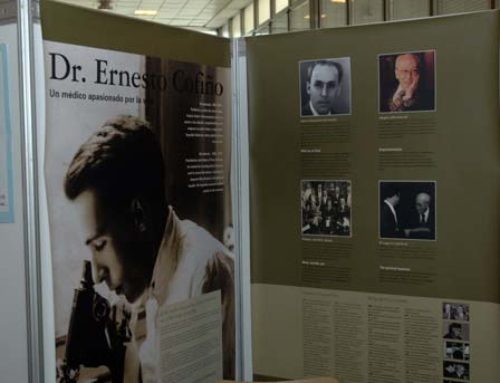Newman’s Doctors
October 23, 2017
Rev Richard Taylor, Professor of Scripture and Newman expert (UK)
In John Henry Newman’s “The Idea of a University: Defined and Illustrated” Newman addresses the purpose for a university. He immediately suggests it is most important to focus on the students attending the university. In Discourse V, Newman insists that universities are in need of a wide range of academic interests. Newman asserts, “Though they cannot pursue every subject which is open to them, they will be gainers by living among those and under those who represent the whole circle. This I conceive to be the advantage of the seat of universal learning,”(Newman). He means that though not every student will study all of those subjects, but just being around other students who are learning that particular subject enhances their own learning.
The students then learn to rely on each other for assistance in their studies and ultimately advance in their studies in which they will one day contribute to the world. They do not rely on their teachers as their only source of assistance. Their minds are not narrowly focused on only one subject and they tend to be more open-minded. He states, “He [the student] apprehends the great outline of knowledge, the principles on which it rests, the scale of its parts, its lights and its shade, its great points its little, as he otherwise cannot apprehend them” (Newman). Students would fully comprehend academia without fully understanding all that is made up within it. They will then have an accessible amount of information, in which they use to form ideas, thoughts, and opinions.
Newman then discusses the importance of a liberal education in Discourse VI. He envisions education to be balanced, well rounded, tranquil, and moderate. It should not only promote wisdom and knowledge but also the freedom of thought. Newman describes knowledge as, “The indispensable condition of expansion of mind, and the instrument of attaining to it,” The attainment of this type of knowledge will lead to what he describes as the “Enlargement of mind,” in which students are fully engaged in ideas and concepts. Ideas will begin to relate to one another and the student become intellectuals. Universities that possess this type of education are leaving their students with the enlargement of knowledge. This correlates directly with a higher purpose of education as described in Discourse V. The exposure to different sciences creates students that are wise, balanced, and tranquil. Newman believes that these are important aspects for a university to succeed in producing intellectuals.
PICTURE: John Henry Newman by Sir John Everett Millais










